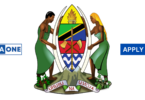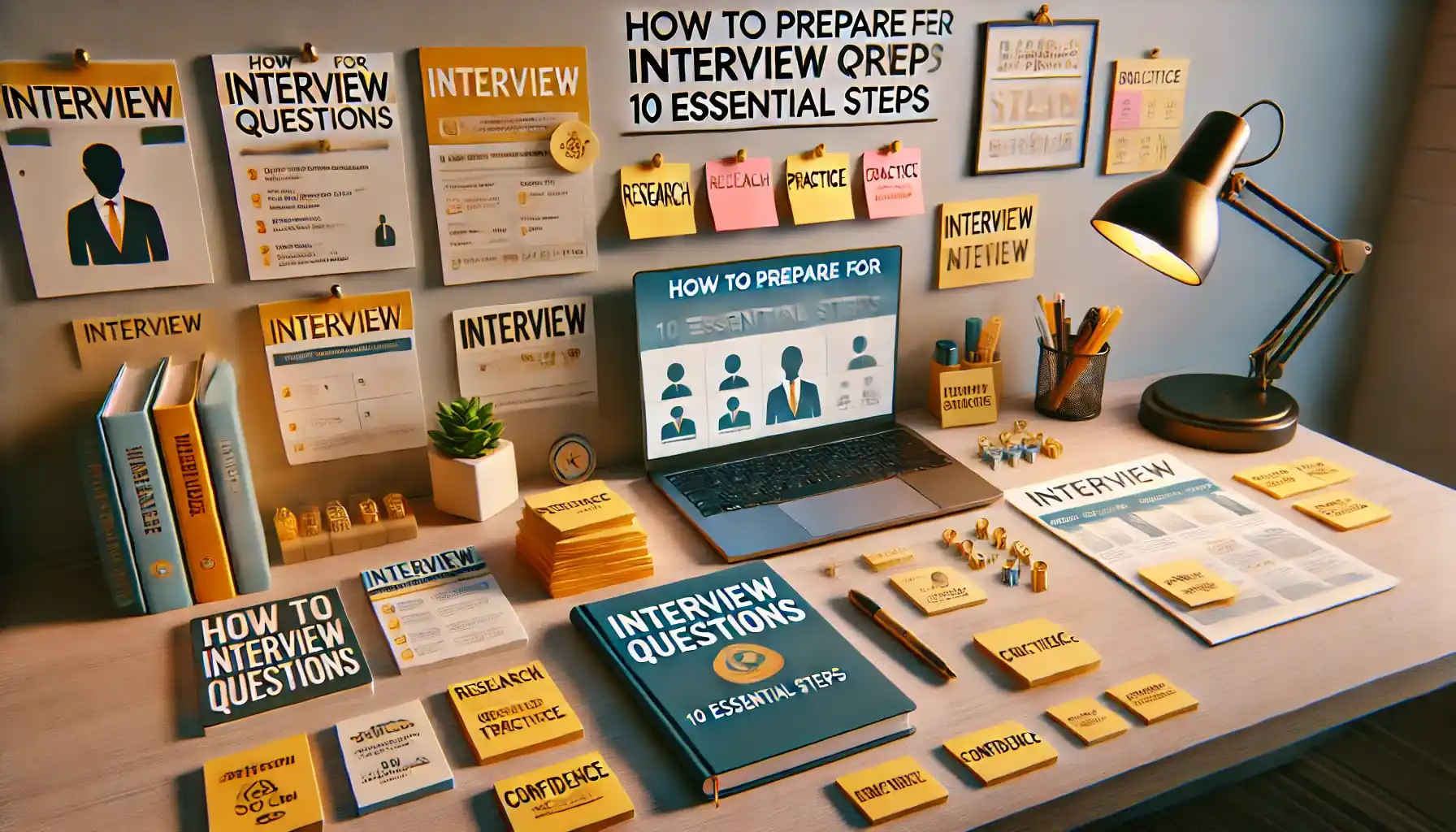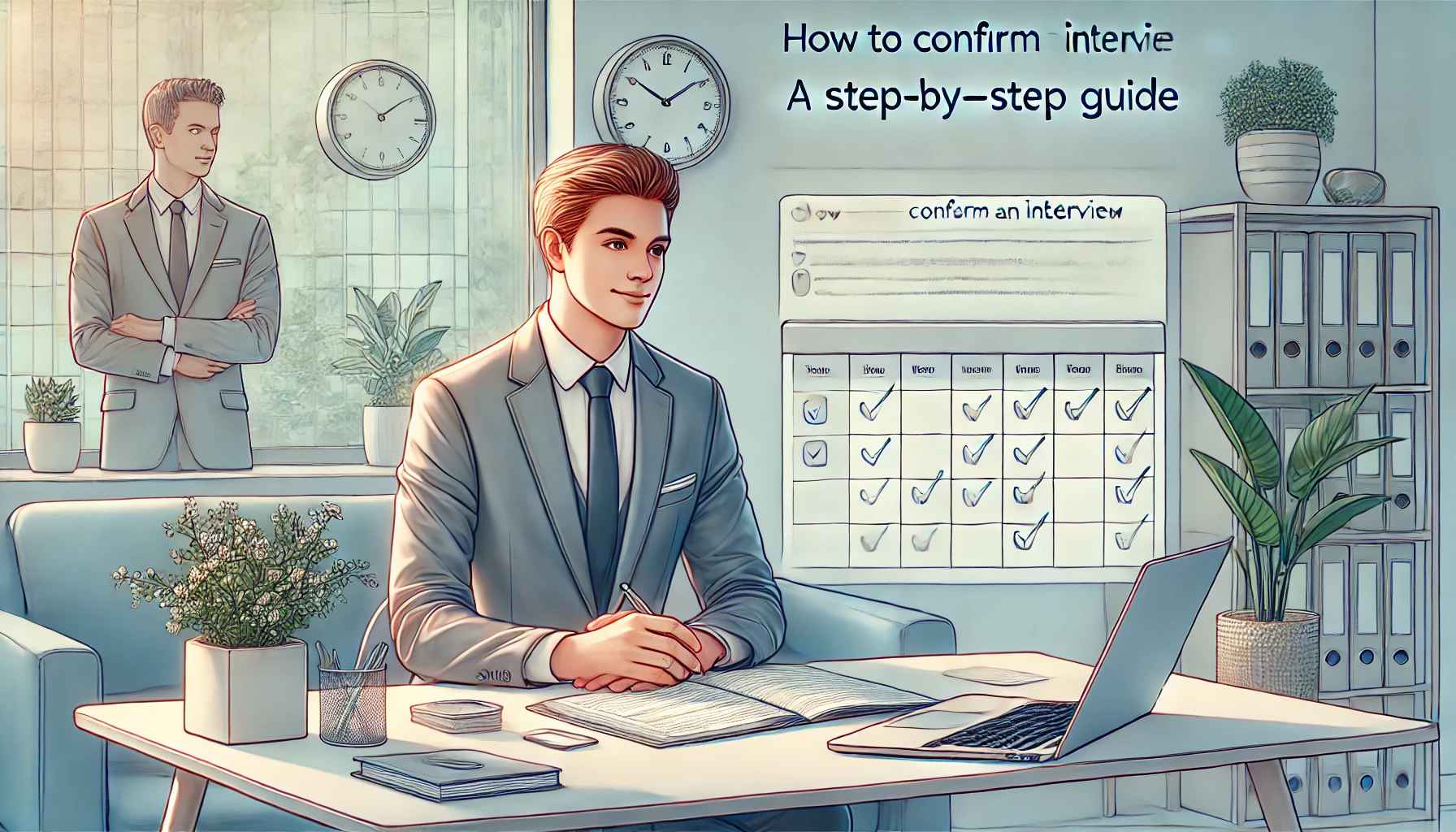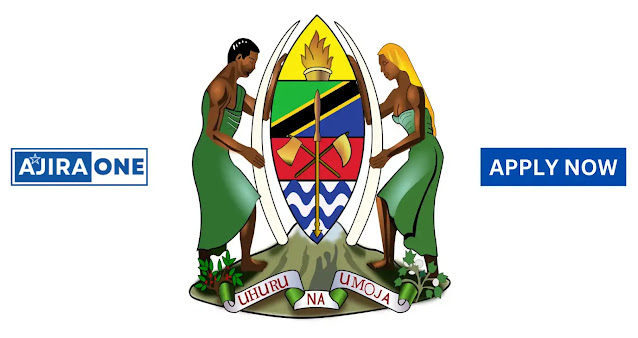 |
| Answering Common Interview Questions in Tanzania: Expert Tips |
When it comes to job interviews, being prepared is half the battle. While no one can predict the exact questions a hiring manager will ask, there are common questions that often make an appearance. By understanding these questions and preparing thoughtful responses, you can significantly enhance your chances of acing the interview and landing the job.
In this comprehensive guide, we delve into the most frequent interview questions, providing strategic answers to help you stand out from the competition and make a lasting impression.
1. Introducing Yourself
1.1. Could you tell me a bit about yourself?
This question is often used as an ice-breaker and offers a chance to showcase your skills, experiences, and career goals. Instead of providing an exhaustive autobiography, focus on your professional journey, emphasizing the key milestones and achievements that align with the job you’re interviewing for.
Example Answer
“I come from a small town where I developed a passion for coding. This led to a certification in computer programming, followed by a job as a front-end coder. I’ve consistently invested in mastering both front- and back-end languages, tools, and frameworks, making me a well-rounded developer.”
2. Exploring Your Interest in the Role
2.1. How did you hear about this role?
This question aims to understand your connection with the company or the role. Your response should highlight any personal or professional connections, research about the company, or your active job search.
Example Answer
“I’ve been following your company’s page on Ajira.one for some time now. I’m particularly passionate about the work you’re doing in specific areas, so when I saw the job posting, I knew I had to apply.”
2.2. Why are you interested in this job?
Your answer should demonstrate a clear understanding of the job requirements and how they align with your skills, experiences, and career goals.
Example Answer
“I admire your company’s commitment to innovation. In my current role, I’ve had the opportunity to lead several innovative projects. I believe this position would allow me to bring my experience and passion for innovation to a larger scale.”
3. Analyzing Your Work Style
3.1. What type of work environment do you prefer?
Your response should reflect your awareness of the company culture and show how your work style aligns with it.
Example Answer
“I thrive in a collaborative, fast-paced environment where I can continually learn and grow. I’ve read that your company places a strong emphasis on team collaboration, which is why I believe I’d be a great fit.”
3.2. How do you manage your time and prioritize tasks?
This question aims to understand your organizational skills and how you handle multiple responsibilities.
Example Answer
“I’m a strong advocate for time management tools. I use timeboxing to allocate specific time slots for different tasks. This approach helps me prioritize tasks effectively and ensures that all projects stay on track.”
4. Delving Into Challenges
4.1. Could you tell me about a challenge you’ve faced at work and how you handled it?
Your answer should highlight your problem-solving skills and ability to handle difficult situations professionally.
Example Answer
“In my previous role as a project manager, I had to navigate a scheduling conflict between two teams. By facilitating open communication and finding a compromise, we solved the issue and the project was delivered on time.”
4.2. Can you describe a time when you failed and how you handled it?
This question is designed to assess your ability to learn from mistakes. Your answer should emphasize the lessons learned and the steps taken to avoid similar mistakes in the future.
Example Answer
“In my early career, I missed a deadline that cost us a significant client. I learned the importance of organization and time management, and since then, I’ve implemented strategies to ensure deadlines are always met.”
5. Delving into Your Skills and Capabilities
5.1. What are your strengths?
The aim here is to understand what unique qualities you bring to the table. Your answer should focus on the strengths that directly relate to the job requirements.
Example Answer
“One of my greatest strengths is my ability to bring structure to chaotic environments. I excel at implementing processes that make everyone’s lives easier and improve productivity.”
5.2. What are your weaknesses?
This question is meant to gauge your self-awareness and honesty. Your answer should acknowledge a real weakness but also demonstrate your efforts to overcome it.
Example Answer
“One area I’m working to improve is my ability to balance my workload effectively. I’ve begun using project management software and regularly check in with my team to ensure we’re all on the same page.”
6. Discussing Your Career Goals
6.1. Where do you see yourself in five years?
Your answer should align with the company’s vision and show that you’re interested in growing with the organization.
Example Answer
“In five years, I see myself growing into a leadership role where I can further contribute to the success of the company, developing innovative solutions, and mentoring junior team members.”
6.2. What are your career aspirations?
This question aims to gauge your long-term goals and ambition. Your answer should reflect your commitment to personal and professional growth.
Example Answer
“I am passionate about advancing in my career and taking on new responsibilities. My aspiration is to become a leader in my field and make meaningful contributions to my industry.”
7. Discussing Compensation
7.1. What are your salary expectations?
Your response should be based on research of average salaries for the role in your location. It’s advisable to provide a range rather than a specific number, leaving room for negotiation.
Example Answer
“Based on my research and the responsibilities of the role, I’m seeking a salary in the range of $X to $Y.”
8. Wrapping Up the Interview
8.1. Is there anything else you would like us to know?
This is your chance to share any additional information that you believe would make you an ideal candidate for the role.
Example Answer
“I would like to reiterate my enthusiasm for this role. I believe my skills and experiences make me a strong candidate and I’m eager to contribute to your team.”
8.2. Do you have any questions for us?
This is a great opportunity to demonstrate your interest in the company and the role. Ask thoughtful questions that show you’ve done your research and are excited about the job opportunity.
Example Answer
“Yes, I’d love to know more about the team I’d be working with. Could you tell me more about how the team collaborates on projects?”
Remember, every interview is a two-way street. You should be assessing the employer just as much as they’re assessing you because you both need to walk away convinced that the job would be a great fit. So, remember to ask questions!
Conclusion
In conclusion, preparing for an interview involves understanding different types of interview questions and effectively addressing them. By mastering general, situational, and behavioral questions, you can confidently tackle any interview scenario. It is essential to craft succinct and relevant responses using the STAR method while tailoring your answers to the company’s needs. Additionally, researching the company, emphasizing soft skills, and maintaining professionalism throughout the interview are crucial for success.
Avoid Common Mistakes such as overconfidence, negative talk about previous jobs, and excessive “I don’t know” answers. After the interview, remember to send thank-you notes, follow up without being pushy, and handle rejection gracefully. Lastly, don’t underestimate the importance of body language, including maintaining eye contact and having a firm handshake.





